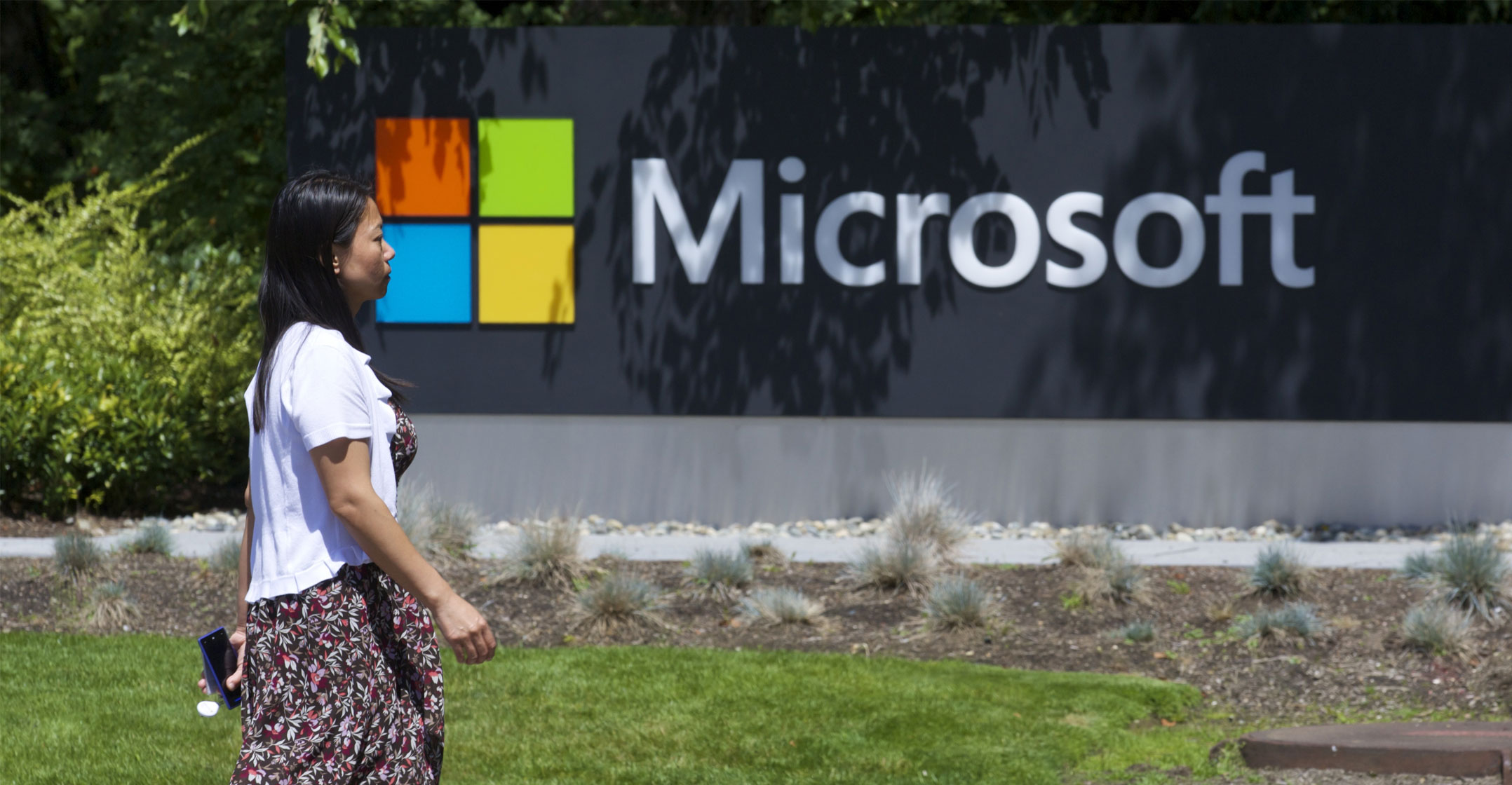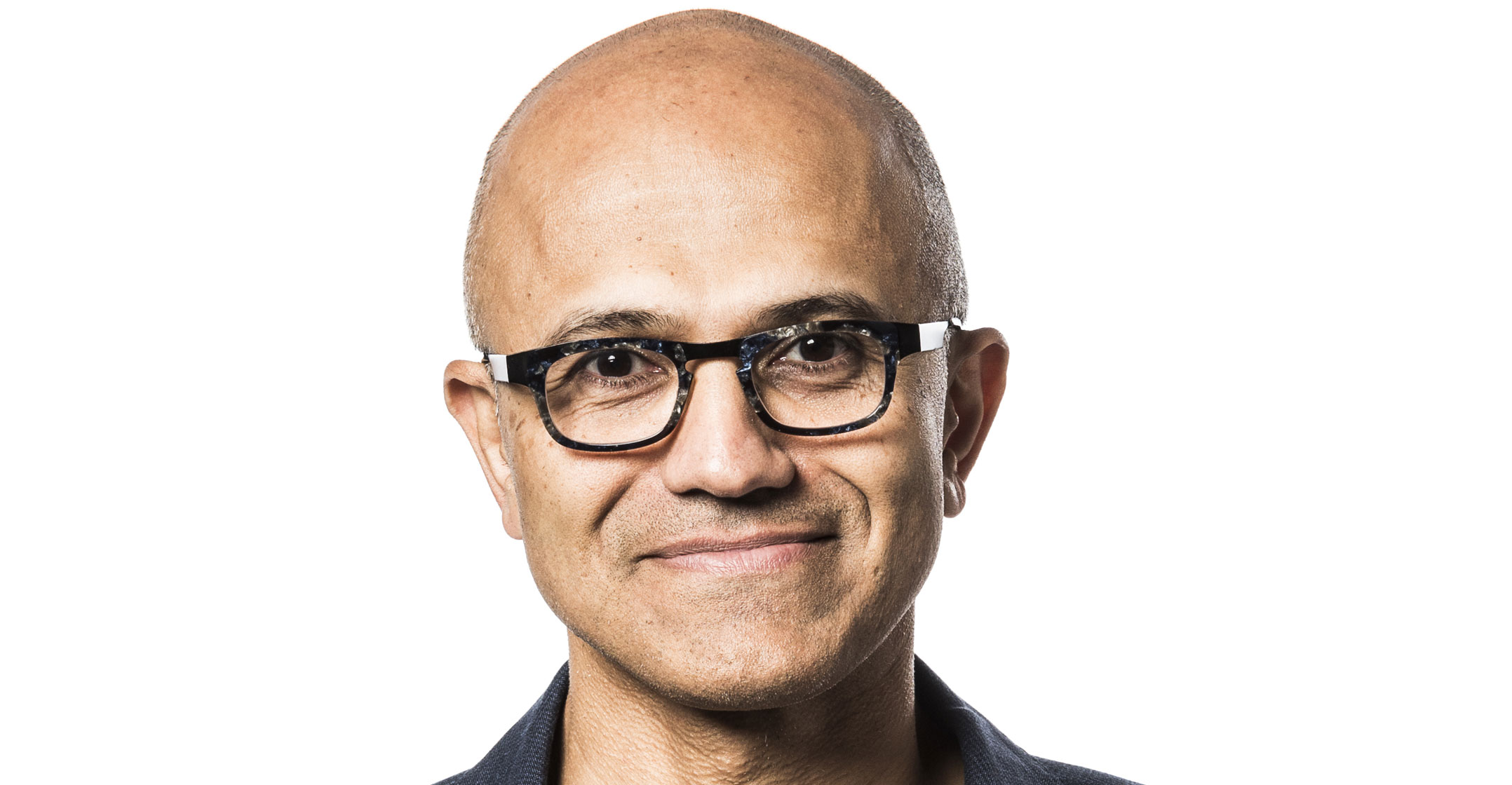
Microsoft’s flagship cloud computing business, Azure, reported quarterly sales growth of under 50% for the first time ever on Wednesday, sending the tech giant’s shares down 2%.
Revenue in Microsoft’s Intelligent Cloud segment rose 17% to US$13.4-billion, with 47% growth in the Azure component, which includes essential computing and storage services. Analysts on average had expected cloud revenue of $13.09-billion in the fourth quarter ended 30 June, according to IBES data from Refinitiv.
Azure’s growth is the most direct measure of performance against top cloud rival Amazon.com’s Amazon Web Services, as Microsoft does not break out Azure’s revenue by dollar amount. AWS posted revenue growth of 33% to $10.2-billion, which analysts believe exceeds Azure’s total, for the quarter ended 31 March. IBM, another Microsoft rival, this week beat Wall Street expectations with strong cloud growth.
Beyond Azure, Microsoft’s results showed how the novel coronavirus is both helping and hurting Microsoft.
Businesses are investing in cloud technology for remote work, and the videogame Minecraft scored a record 132 million monthly active users as families worked and played from home. But Microsoft’s forecast for some versions of its Office software slightly missed expectations because of weak sales to struggling small and mid-sized businesses.
“No one can take away from the fact that GDP is going to be negative,” CEO Satya Nadella told investors on the company’s earnings call, referring to US GDP.
Spending intact
Microsoft chief financial officer Amy Hood said 12% commercial bookings growth, which reflects corporate contracts for future software and services, was roughly unchanged from the previous quarter and beat company estimates. The figure signals that customers are keeping long-term technology spending plans intact.
“Our strong position in the cloud has allowed us to have good results and support our customers as they work on the next couple of years of digital transformation,” Hood said in an interview.
Microsoft’s total revenue rose 13% to $38.03-billion in the quarter, beating estimates of $36.5-billion, according to IBES data from Refinitiv.

The growth was powered by its More Personal Computing unit as more people worldwide used its products to work on Windows PCs and play games on Xboxes during lockdowns. Revenue from the unit, the largest by sales, rose 14% to $12.9-billion, beating analysts’ estimates of $11.46-billion.
Microsoft said its professional networking site, LinkedIn, was hurt by the weak job market and advertising spending cuts.
Net income fell to $11.2-billion, or $1.46/share, from $13.19-billion, or $1.71/share, a year earlier. — Reported by Stephen Nellis and Munsif Vengattil, (c) 2020 Reuters

